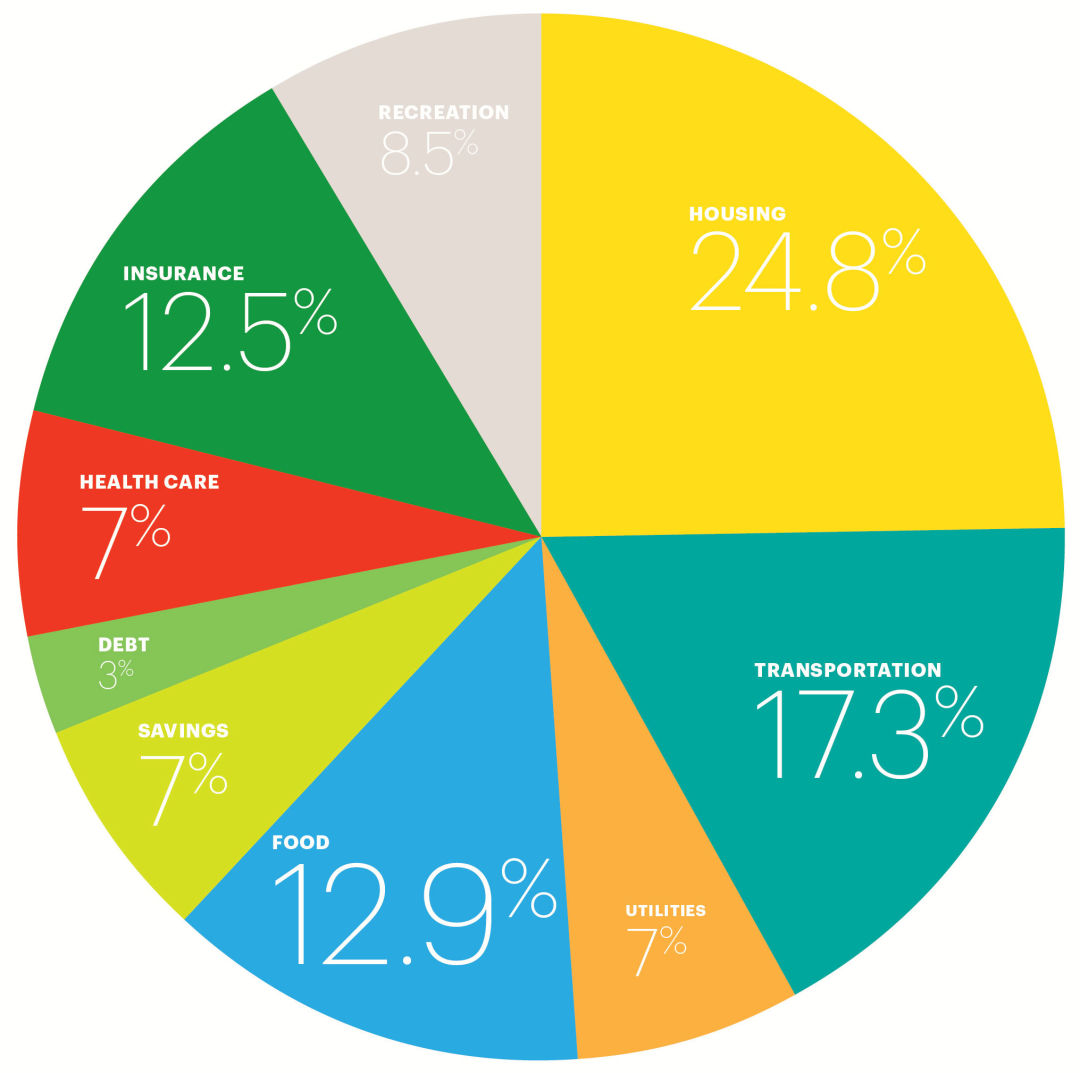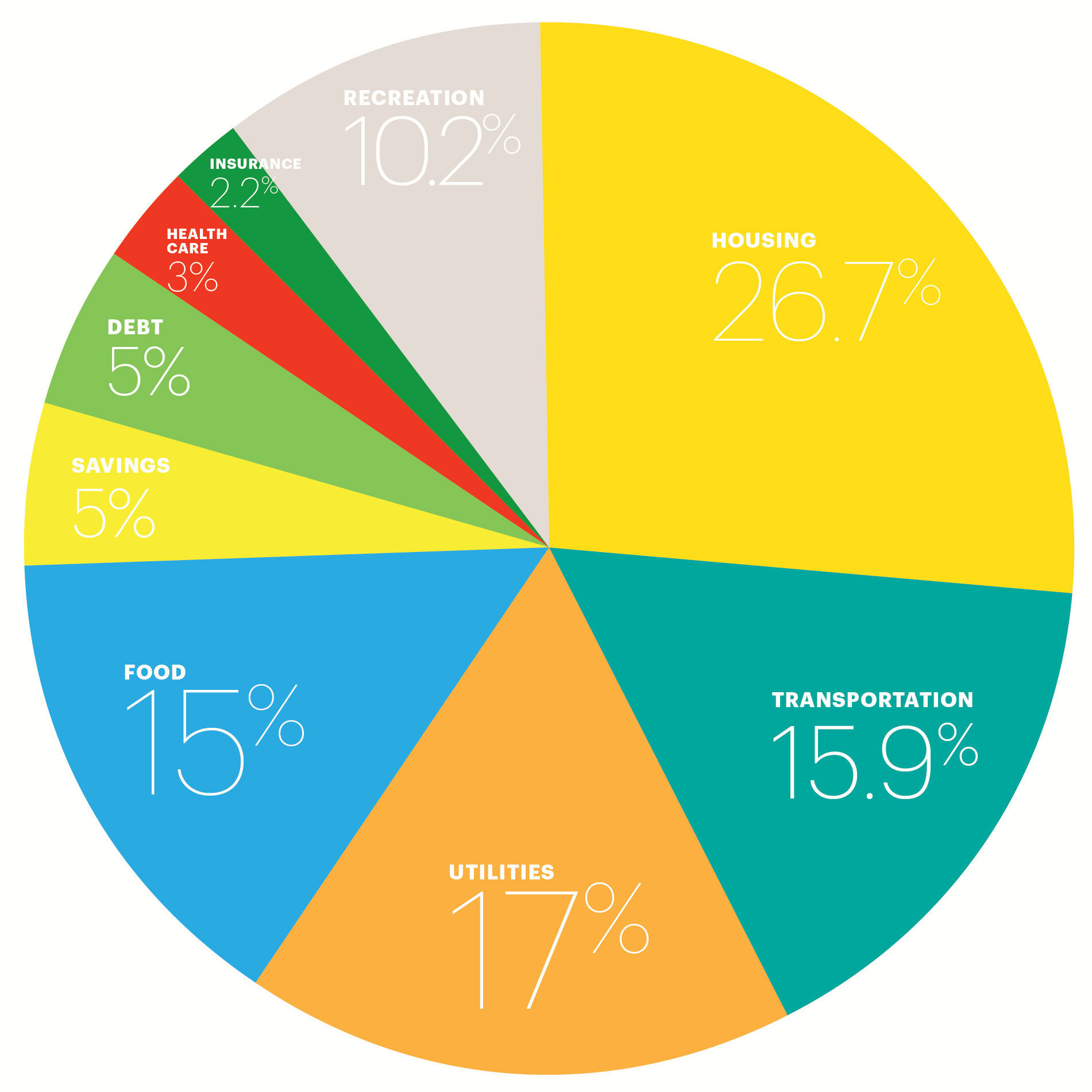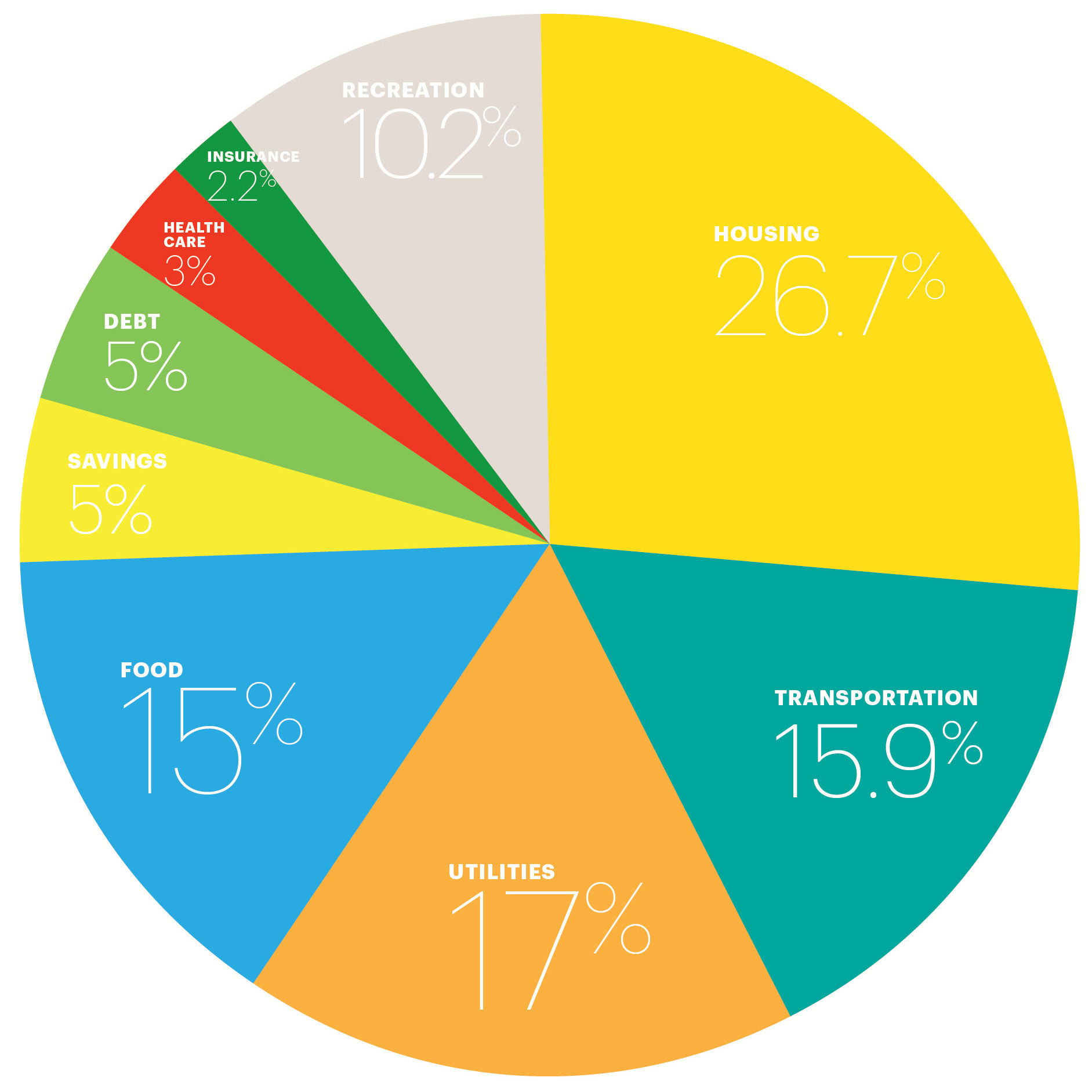You’re Making $80K—How Should You Spend and Save?
The Next Steps
Your career’s chugging along, the kids are school-age, and your college loans are a faint memory.
Your income: $80,000

Child care can bleed you dry!
- $13,452 The average annual cost of certified infant child care in Oregon, which equals ...
- 19% of the median income for married couples (highest in the nation), and a horrifying
- 62% of the median income for single mothers (second-highest).
School Saving
Putting money into Oregon’s 529 College Savings Plan offers significant tax advantages down the road. But it also is a great way to grow your money. If you invested $5,000 at your child’s birth and never added to it, here’s how that money would be expected to grow.

Does homebrewing save you money?
Yes! And no! According to Jeremy Frey, manager at brew supply shop F.H. Steinbart, the hops, malt, and yeast may be cheap. The equipment, not so much. “Once you start obsessing over it, there’s almost no limit to how much money you can pour into it.” If you can hold back on the gear, though, there are savings to be found. “I brew beer for about half of what it would cost me to buy similar beer,” Frey says, noting that a case (24 brewskies) of a typical craft beer costs around $40.
Always Be Creating
How can you capitalize your artisanal-beer-coozie factory when banks seldom loan to untested start-ups? Mercy Corps NW runs a microloan program, topping out at $20,000 for start-ups. Portland-based Crowd Supply combines crowdfunding with product development. Once your brainchild is kicking and screaming, it can become “lendable”—if you play your cards right. “Small businesses often try to reduce their tax burden with write-offs,” says Blaine Bartholomew of Umpqua Bank, “but that can reduce your cash flow and make it harder to get loans.”









